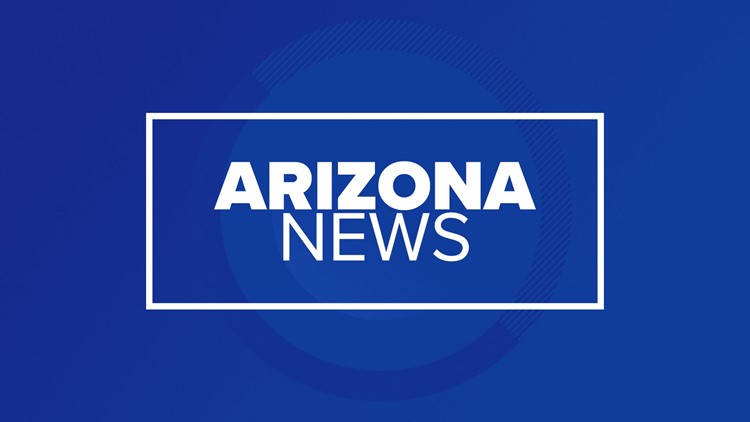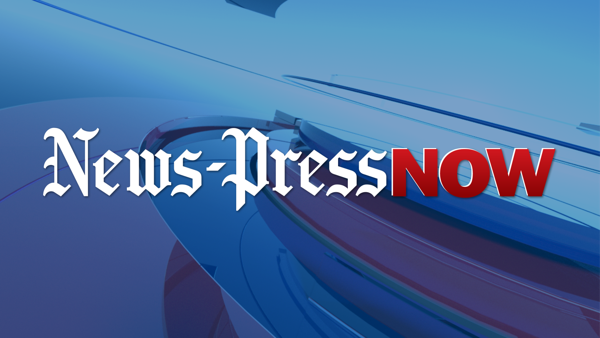
What do we do to steady the naira to find its stable level in 2025 without fiscal discipline? It’s the economy, stupid! This was a phrase coined by James Carville in 1992. Carvile was Bill Clinton’s strategist. 2024 was a very depressing year for the naira.
It was a tough year for the Central Bank of Nigeria (CBN) struggling to gain its footing as the apex bank and regulator in an industry that has woefully failed to self-regulate. The economy was reportedly growing but wasn’t growing enough to reflect in peoples’ lives. The naira was on a spiralling doom.

At a time, it was feared that the exchange rate might cross N2000 per dollar, but the Central Bank managed to stem the tide thereby proving bookmakers and nay Sayers wrong. The naira rebounded in many instances and traded far below the N2000 by year’s ending. Not that everything was done right, but the truth is that the Central Bank Governor and his team are not getting enough credit for their steadfastness, and not allowing the naira to cross over to N2000 per dollar mark.
The governor and his new team, if anything, have proven they came prepared and that if they get the required cooperation they will eventually turn the curve and get both the naira and the economy back on track. The year 2025 is shaping up to be a promising year of hope for the economy. Optimists believe that after the wild swings of 2024, Nigeria’s currency might finally gain stability.
The reasons are compelling enough: The Dangote Refinery, a private refinery owned by the Dangote Group which is expected to process about 650,000 barrels of crude oil per day is currently processing about 550,000 barrels per day which is not just significant but fascinating. Other refineries like the Walter Smith Refining and Petrochemical Company, Akwa Ibom Refinery, Port Harcourt Refinery Company are coming up. Also under way is the refurbishing of the Warri and Kaduna refineries with the potentials of making Nigeria an emerging energy power house.
The emergence of the Dangote Refinery, the largest built so far, reduced petrol imports, and relieved pressure on FOREX needs. Also an economy hungry to diversify beyond oil brings hope for a better future. But let’s not celebrate yet for it’s not Uhuru yet.
A cocktail of domestic policy missteps and global economic shifts could send the naira stumbling once more. The CBN must brace up for this reality as the signs are already there with all the hand writings on the wall. Only the prepared will win.
The following are critical factors to watch out for: Global Economic Shifts: A second Trump presidency could bring significant changes to the global oil market. During his previous term, Trump’s policies increased US domestic energy production, leading to a glut in oil supply and lower global crude prices. His energy campaign rhetoric was phrased in three words “drill baby drill”.
Trump, in his first term, cared less about climate change and will very likely pull out the United States once again from the Climate Change agreement, even though some of his policies will advance clean energy, but definitely his America First agenda will seek to reduce the US dependency on foreign fossil fuels. Already, there are signs that Trump’s new administration will differ significantly from Joe Biden’s. He will expand oil drilling which will boost the US economy, preserve jobs and cut down inflation.
With Trump in the White House, Nigeria’s primary source of foreign exchange could be severely impacted, making it challenging for the naira to be stable. Furthermore, the US economy’s robust job numbers have reduced hopes for aggressive interest rate cuts by the Federal Reserve in 2025. If interest rates remain high, the dollar will likely stay strong, leading to capital outflows from emerging markets like Nigeria.
This could put additional pressure on the naira as investors seek safer investments with higher returns. It is left for the CBN to find an antidote to the Trump factor as they are bound to occur. Domestic Policy Missteps: On December 18, 2024, President Bola Tinubu presented a record N49.
74 trillion 2025 budget proposal –36.62% % higher than the previous year. The government spending plans for 2025, which focus heavily on infrastructure and military budgets, will require substantial borrowing.
The government already targets N13.10 trillion borrowing and debt service of N15.38 trillion.
While borrowing for growth can be beneficial, excessive fiscal deficits often lead to currency devaluation. The increased circulation of naira, combined with a higher demand for dollars to service debt, could create a perfect storm for the naira. In other words, for the naira to gain a semblance of stability, monetary policy must match with fiscal discipline.
Also the targeted N35.05 trillion revenue can only be realised if the much opposed Tax Reform Bill before the National Assembly is passed. Supporters of the Bill claim that the bill is required to retool the economy.
But given the opposition against the bill from the North, I doubt if the proposed bill will come out as it entered the National Assembly. Inflation and Speculation: Inflation could also play a significant role in the naira’s fate. Although Nigeria’s inflation rate, which was at 32.
70% as at October 2024, is forecasted to decline, geopolitical shocks or supply chain disruptions could keep prices high. If inflation cools faster in Western countries than in Nigeria, inflation differentials could come into play, potentially forcing adjustments that don’t favour the naira. The way out requires very serious thinking, not a jerk knee approach.
Additionally, crypto currency enthusiasts and dollar hoarders may contribute to the naira’s volatility. The growing appetite for stable coins in 2024 drove up dollar demand, and a Trump presidency could reignite crypto interest, pushing Nigerians to seek more dollar-backed assets. Local speculators may also exploit volatility, especially if geopolitical tensions rise or oil prices falter.
Ending the war between Russia and Ukraine and halting the Middle East crisis from further escalation will be pivotal factors that may either weaken or strengthen the fragile naira. Politics and Forex Markets: Nigeria’s political landscape could also impact the naira’s stability. With the 2027 elections on the horizon, political actors are already preparing for the polls.











